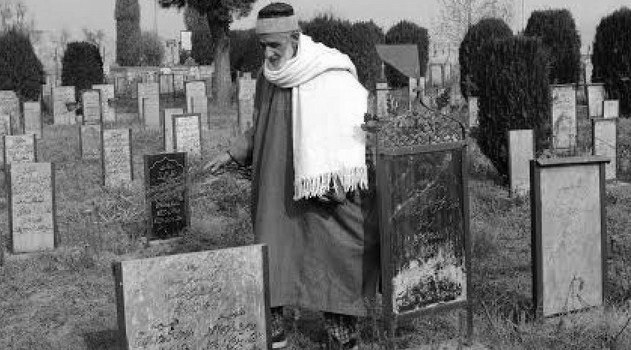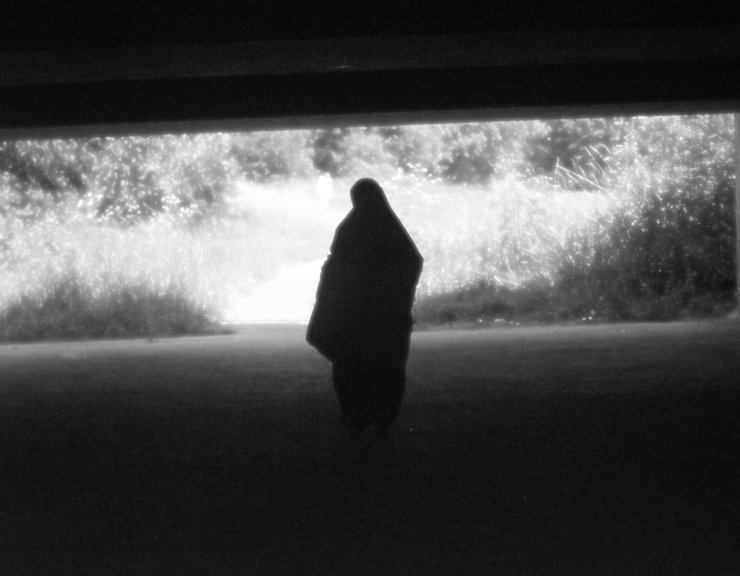Trouble and Therapy: Has Mental Health Become a Big Market in Kashmir?

Idrees Mir is a Anantnag based freelancer.
“Kashmir is a good market for therapy,” she remarked. “People here need mental help due to their situation and experiences.”
Anita Das, 33, carried an impressive resume and spoke effortless English when she arrived in the valley to get her gig as a therapist this past summer.
She was assured of her shot given her exhaustive online research on the region’s mental health situation.
“Kashmir is a good market for therapy,” she remarked. “People here need mental help due to their situation and lived experiences.”
Das dressed chic and made rounds of Boulevard to find an office space. But the rattling fall forced her to take a quick flight to her hometown Delhi.
She’s yet to return, but the idea of exploring the market in the mental agonies of the valley has stayed with many natives with whom she shared her plans.
Support Our Journalism
You are reading this because you value quality and serious journalism.
But, serious journalism needs serious support. We need readers like you to support us and pay for making quality and independent journalism more vibrant.
In “Naya Kashmir”, many say, the likes of Das are arriving to explore the distressing potential of the region for commercial means.
Interestingly, the ‘conflict entrepreneurial’ bid surfaced at a time when many Kashmiris were reported distraught mindset due to the captive routine created by political followed by pandemic lockdowns.
“Kashmir is a market for everyone,” reckons Shabir Bhat, a Sopore-based Sociology scholar. “Among others are conflict entrepreneurs who trade the jinx of the place—like the surging mental distress. It might be an ugly reality created by the conflict, but for many vendors, it’s a big market to exploit.”

Apart from witnessing a mushrooming growth of local counsellors and mental health specialists, the valley over the years has become a big business opportunity for those who cash in on the conflict capital.
“Like it or not, Kashmir needs counselling due to its conflict character,” Ravi Kumar, a counsellor from Mumbai, told Mountain Ink. “And it shouldn’t offend anyone if people are exploiting this situation for commercial value. At the end of the day, someone is only offering services for the certain searing situation that needs redressal.”
But before the advent and perhaps ‘coming of age’ mental health market of the valley, many people had started expressing anguish over the growing studies and surveys done on Kashmir’s mindscape in the last three decades.
Most of these mind-mappings stopped short of calling the entire population as mentally-unsound or mindless.
“These mental health surveys look like a concerted effort and exercise to paint everyone abnormal in Kashmir,” Dr Shazia Mir, a Srinagar-based counsellor, said. “Most of these reports, some even carried by the reputed organisations of the world, simply overplayed the distressing reality of Kashmir to suit their project proposals and academic dishonesty.”
One such oft-quoted mental health survey was conducted by the medical humanitarian organisation Médecins Sans Frontières/Doctors Without Borders (MSF) in 2015. It declared: “Nearly 1.8 million adults (45% of the population) in the Kashmir Valley show symptoms of significant mental distress.”
But it’s only natural, says Mustafa Ali, a Psychology scholar, to find distressed cases in the conflict zone. “But these reports make it look like some mental emergency situation in Kashmir, which is not only a far-fetched case but also an attempt to disregard the resilience of the place.”


Kashmiris, argues Abdul Samad, have braved some worst offensives and situations in the last three decades of armed conflict.
“This 80 lakh strong community is in the state of war for long now and yet they are showing grace in their conduct and behaviour,” Samad, a retired headmaster who held the fort of education during trying times of the nineties in Downtown Srinagar, says.
“In the face of dehumanization that Kashmiris have been facing for long now, we should’ve ideally lost it. But it’s our resilient character and culture which is making us brave all these assaults.”
Instead of celebrating this reality, Samad rues, attempts are either being made to paint Kashmiris “mentally-unsound” or some breeding market for therapists.
“We need help, like everyone else in the world, but that doesn’t mean we should be repeatedly reported as some mentally-unsound tribe,” the retired educator says.
“I believe the fault lies in our response to the crisis. We should’ve evolved a mechanism to address these local concerns rather than allowing them to breed and become a thriving trade for others.”
Mountain Ink is now on Telegram. Subscribe here.
Become Our Ally
To help us strengthen the tradition of quality reading and writing, we need allies like YOU. Subscribe to us.
Idrees Mir is a Anantnag based freelancer.













